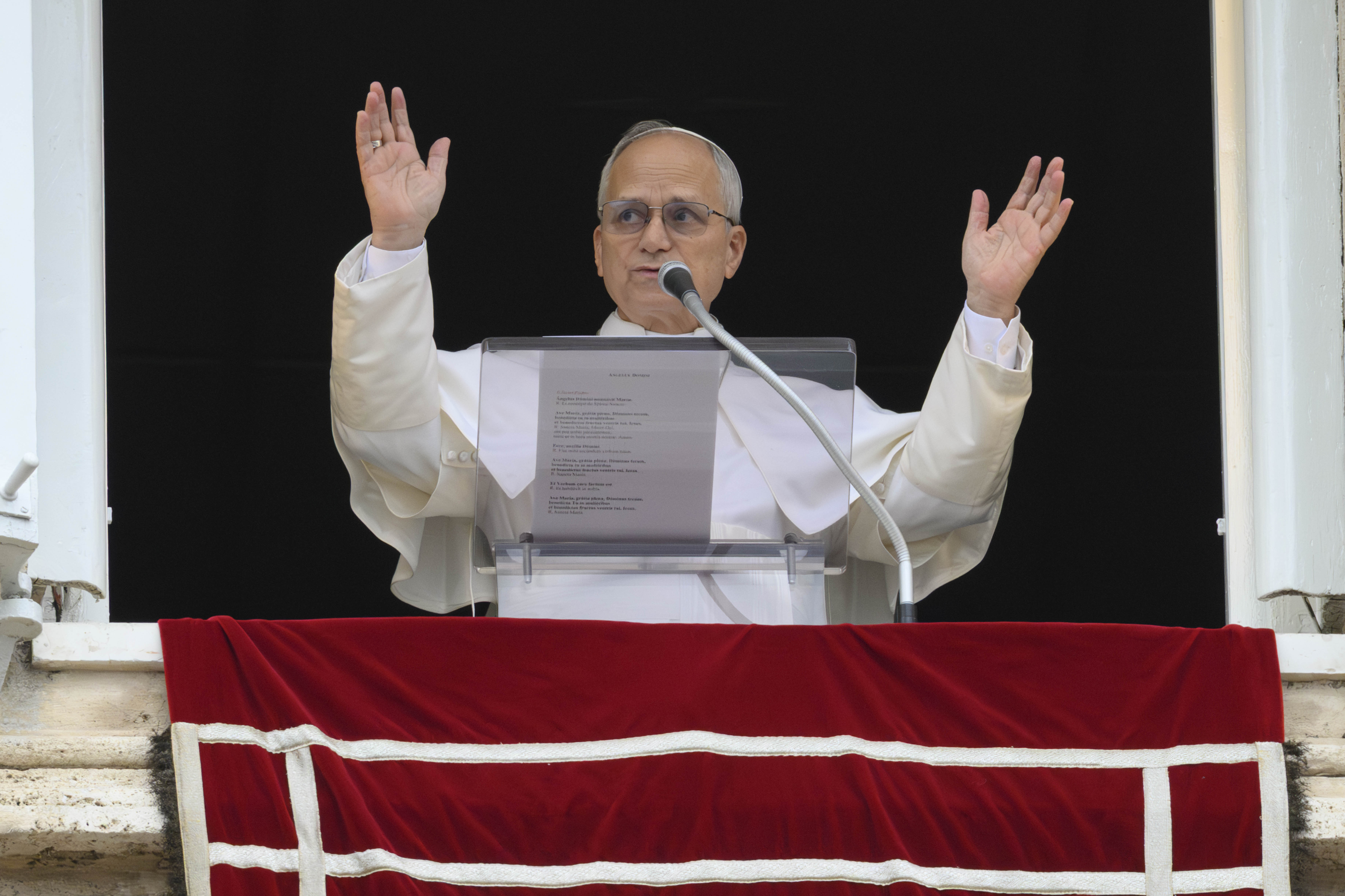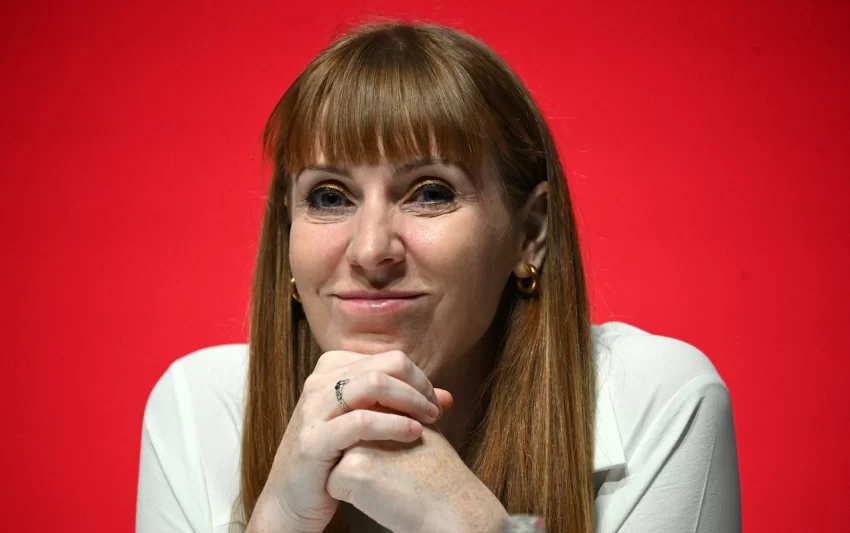Sweden keeps jet fighter options open amid Franco-German tensions
BERLIN — Sweden will not decide whether to join Europe’s next-generation jet fighter effort until the end of the decade, its defense chief told POLITICO.
That comes as Germany mulls turning to Sweden, or even the U.K., as a potential fallback partner if talks between Paris and Berlin over the embattled Future Combat Air System fail by the end of the year.
Defense Minister Pål Jonson, who was visiting Berlin, said Stockholm would make a decision on its future fighter path “somewhere between 2028 and 2030,” while stressing that the country’s new Gripen E aircraft, built by Saab, will remain in service “at least up to 2050.”
“We are investing heavily into maintaining the freedom of choice to keep our design capacity, which I think is unique,” Jonson said. “There’s no other country of 10 million with the ability to design fighter aircraft — and that’s important for us to preserve.”
The remarks come just days after POLITICO reported that Germany is frustrated with French company Dassault’s desire to have more control over FCAS, a project that includes Germany, France and Spain.
Berlin wants clarity by the end of the year on how the €100 billion project can advance to its next phase. Both Jonson and his German counterpart, Boris Pistorius, denied that FCAS was a matter of talks during his Tuesday visit to Berlin’s defense ministry.
Asked whether his country would be open to joining the jet program, Jonson emphasized that collaboration was “in our DNA.” But he made clear that Stockholm will not give up sovereign design capacity: “Maintaining our design capabilities is very, very important for us, because we can tailor according to our operational needs.”
No go on defense bonds
Jonson also confirmed Sweden plans to accelerate its military buildup, aiming to reach NATO’s new defense spending targets — 3.5 percent of GDP on core defense plus 1.5 percent on related investments — sooner than most other alliance members. “Sweden aims to reach this not by 2035, but by 2030,” he said.
On the EU front, Jonson drew sharp red lines. He said Sweden would not support issuing joint EU defense bonds — an idea pushed by Paris — and would vote them down if they reached the Council. “We don’t adhere to that idea,” he said. “We think this should be a national responsibility.”

He also rejected a bigger role for the European Commission in procurement.
“We’re not part of SAFE,” he said, referring to the EU’s new €150 billion Security Action for Europe financing tool. He added that Stockholm prefers defense buys to be steered through the NATO Support and Procurement Agency, the Organisation for Joint Armament Cooperation or the European Defence Agency. “I don’t see a role for the Commission in doing joint procurement. EDA should have this role.”
Jonson also issued a pointed message to European allies lagging on aid for Kyiv. “Not all countries are putting their money where their mouth is when it comes to Ukraine support,” he said. “That bothers me.”
Jonson noted that the burden is being shouldered mainly by the Nordics, Baltics, Germany and the Netherlands. Sweden is now the fifth-largest donor worldwide, a position he said he would rather not hold. “I’d prefer Sweden to be at the bottom, not the top,” Jonson said.
Although Jonson did not mention specific laggards, Southern European countries like Italy and Spain, as well as France, generally give a much lower share of their GDP as aid to Ukraine.
Speaking of the relationship with the United States, Jonson said Europe must brace for a gradual U.S. drawdown of forces in Europe as Washington focuses more on the Indo-Pacific, even as it reaffirms its NATO Article 5 common defense commitment.
“Europeans have to shoulder a larger responsibility for conventional deterrence,” he said, identifying space assets, long-range strike and airlift as the areas that will take the longest to build up.




















:quality(85):upscale()/2023/09/18/918/n/1922398/a1136b676508baddc752f5.20098216_.jpg)
:quality(85):upscale()/2025/10/09/670/n/1922283/00b944c868e7cf4f7b79b3.95741067_.jpg)
:quality(85):upscale()/2025/10/15/765/n/1922398/29c37a6e68efd84bb02f35.49541188_.jpg)
:quality(85):upscale()/2025/09/09/891/n/1922283/7222624268c08ccba1c9a3.01436482_.png)
















